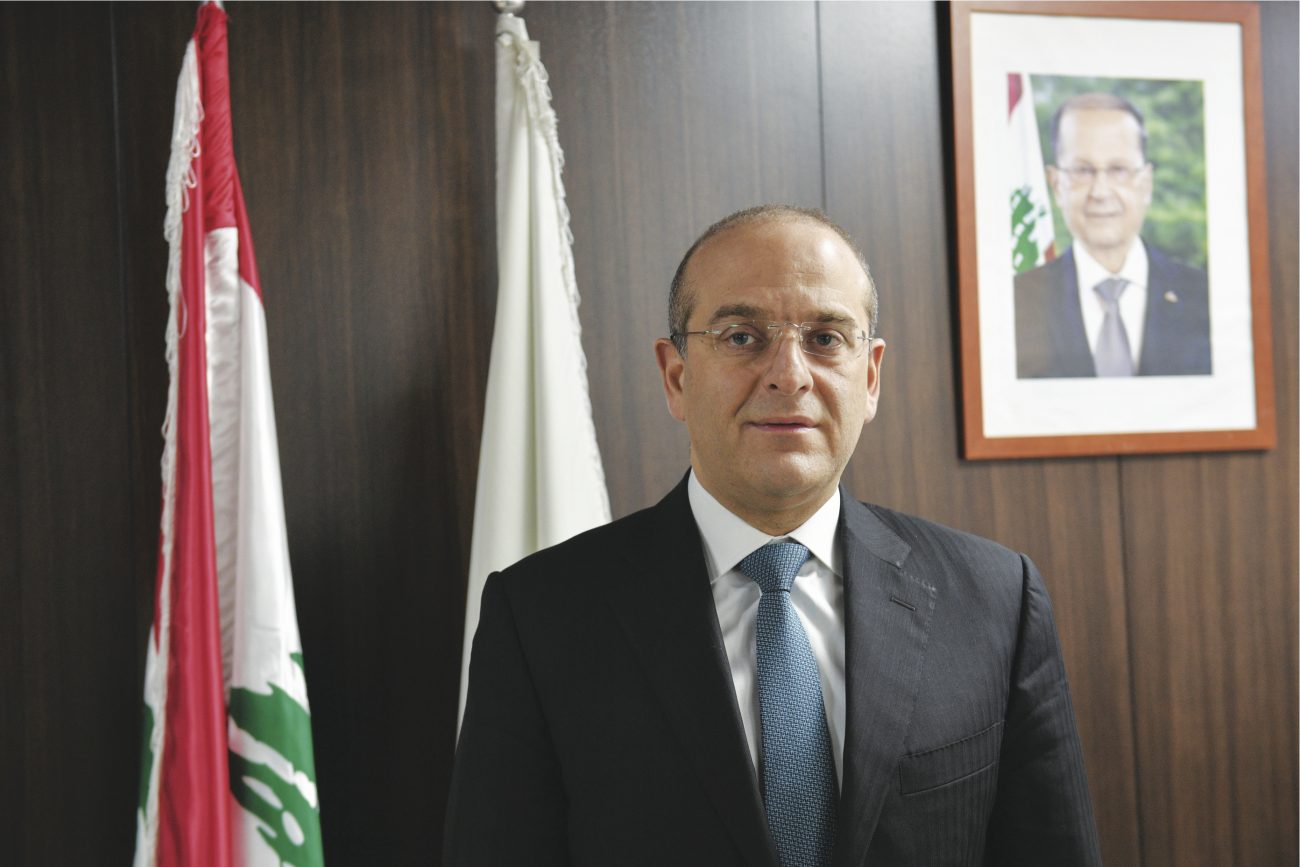An accumulation of economic woes
written by Thomas Schellen & Jeremy Arbid
Thomas Schellen
Thomas Schellen is Executive's editor-at-large. He has been reporting on Middle Eastern business and economy for over 20 years. Send mail
Jeremy Arbid
Jeremy Arbid is an energy and public affairs analyst specializing in Lebanon’s oil and gas industry. He was formerly a journalist covering economics and government policy for Executive Magazine in Beirut. His experience includes roles as a policy specialist in Chicago and with the United Nations in Geneva. Jeremy holds a Master's in Public Administration from the American University of Beirut and a Bachelor's in Political Science from Hamline University.

